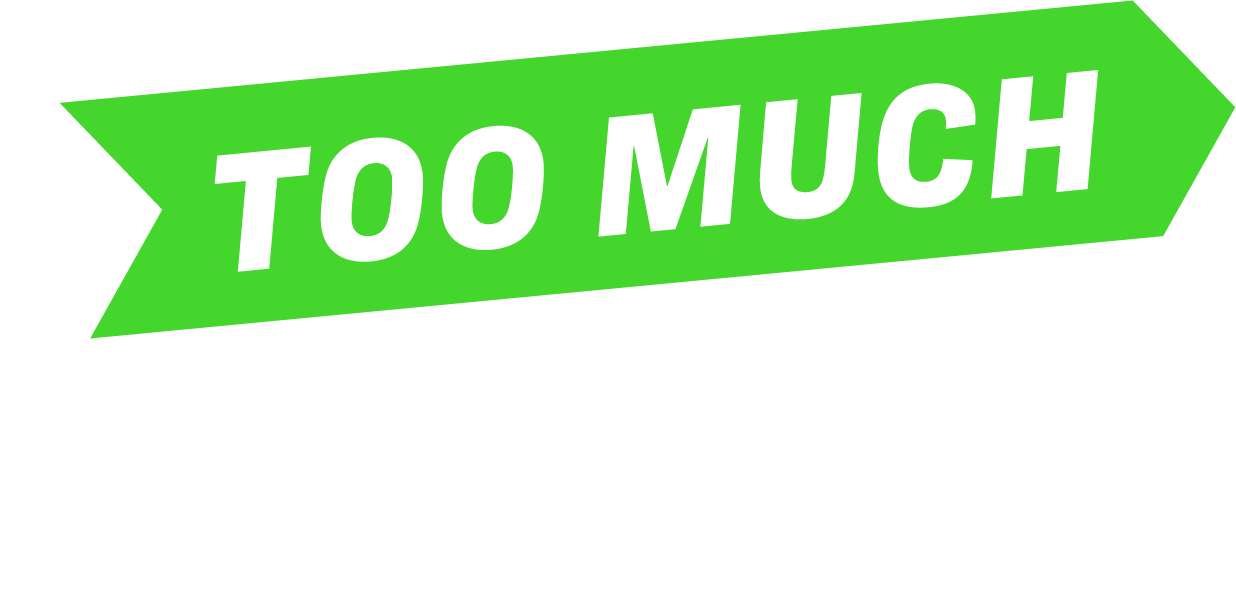Non-Opioid Medication Abuse
Many of us have read or heard news stories about the dangers of opioid abuse, but opioids are not the only type of medication that can be taken inappropriately. Medications with the highest chance for misuse or abuse are labelled by the U.S. Drug Enforcement Administration (DEA) as “controlled substances” and are only available with a prescription. However, some over-the-counter medications have also been linked to misuse and abuse which could lead to addiction.
What Types of Medications Are Abused Besides Opioids?
Other medications that may be abused include those used to treat anxiety, help you sleep, treat cough symptoms or speed up different processes and systems in your brain (stimulants). Because a drug can have a different brand name depending on the company manufacturing it, you should read the information provided with any medication you take – either on the label or in the packaging insert – to identify its active ingredient(s). These active ingredients will not change across brands.
Keep reading to see examples of non-opioid medications that can be misused or abused. The active ingredients are provided in parentheses next to example brand names.
Anxiety Medications
Anxiety medications can be used to treat various disorders including post-traumatic stress disorder (PTSD), obsessive compulsive disorder (OCD), and panic disorder. They may be referred to as anxiety meds, benzodiazepines, benzos and antidepressants. These medications often help relax muscles but can have side effects such as euphoria (extreme happiness). They can also cause withdrawal symptoms, like fatigue or sweating, when you stop taking them.
- Xanax (alprazolam)
- Ativan (lorazepam)
- Klonopin (clonazepam)
- Valium (diazepam)
Sleep Medications
Sleep medications can be used to help people with sleeping disorders such as insomnia. These medications can both help someone fall and stay asleep. The same benzodiazepines used for treating anxiety can also be prescribed for sleep.
- Ambien (zolpidem)
- Sonata (zaleplon)
- Lunesta (eszopiclone)
- Rozerem (ramelteon)
Stimulant Medications
Stimulants include medications like those used for treating attention deficit hyperactivity deficit disorder (ADHD) or to treat sleep disorders such as narcolepsy (feeling drowsy during the day) and sleep apnea (difficulty breathing while asleep). These drugs tend to be abused because they can make a person feel alert for an extended period of time, and also lead to feelings of extreme happiness.
- Adderall (amphetamine/dextroamphetamine)
- Concerta (methylphenidate)
- Ritalin (methylphenidate)
- Provigil (modafinil)
- Nuvigil (armodafinil)
Cough Medicines
Cough medicines help you get rid of a cough caused by a cold or bronchitis. Over-the-counter cough medicines include those with dextromethorphan, which is often, but not always, labeled with “DM” or “Cough.” Except Robitussin A-C, other cough medicines can be bought without a prescription. Cough medicines can be abused because they are easy to obtain and can also cause extreme happiness.
- Robitussin A-C (guafenesin) – only available with a prescription
- DayQuil Cough (dextromethorphan)
- Delsym (dextromethorphan)
- Mucinex (dextromethorphan)
- Robitussin (dextromethorphan)
How Can I Prevent Abusing Medications?
Taking certain medications may come with a higher risk of potential misuse or abuse but there are steps you can take to avoid this:
- Only use prescription medications that are prescribed for you
- Take your medication only as directed
- Talk to your doctor about any concerns with taking your medication including side effects or if the medication does not seem to be working
